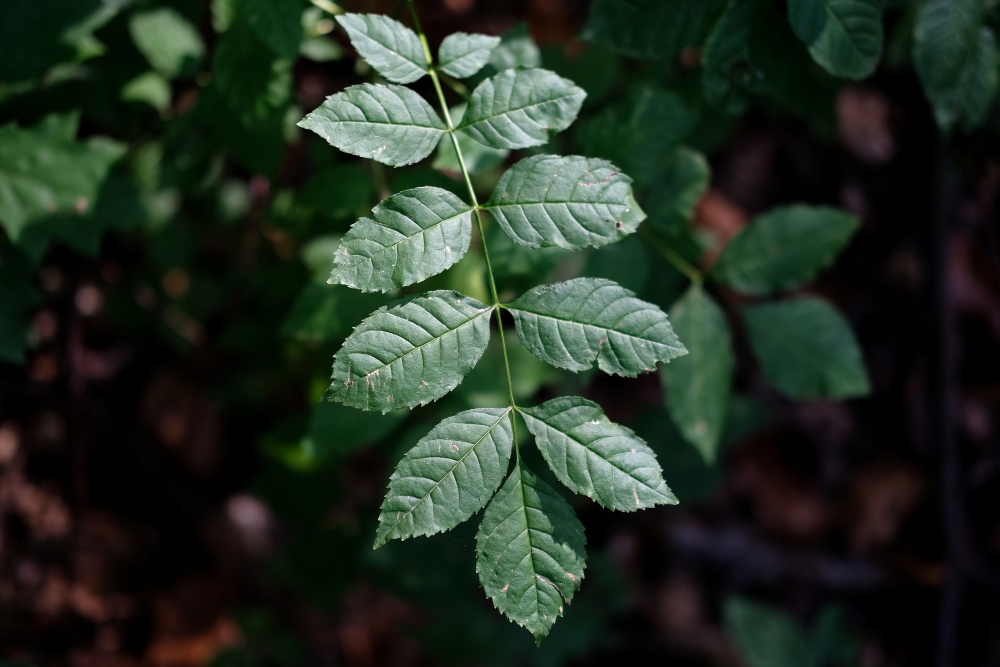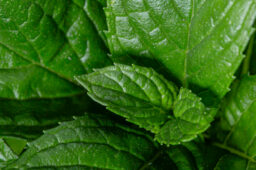
BENEFITS OF AFRICAN ROSEWOOD LEAVES
- July 22, 2023
- by
- Khyra
In the heart of Africa, a tree so grand,
Rosewood leaves in abundance, scattered across the land.
The Igbo call it “Akpalata” with pride,
While the Yoruba refer to it as “Osun” with stride.
The Hausa have their own name, “Kosso” they say,
And the Edo people call it “Origho” in their own way.
Despite these differences, all agree,
The African Rosewood leaves hold much to see.
With nutrients and antioxidants to aid weight loss,
It’s a gift from nature, a treasure to emboss.
So let’s embrace its goodness, with all our might,
The African Rosewood leaves, a natural delight.
Despite these differences, all agree,
The African Rosewood leaves hold much to see.
With nutrients and antioxidants to aid weight loss,
So let’s embrace its goodness, with all our might,
The African Rosewood leaves, a natural delight.
In Africa’s Rosewood leaves, we have found,
A natural way to keep our bodies healthy and sound.
African Rosewood, scientifically known as Pterocarpus erinaceus, is a beautiful and unique tree species that is native to the African continent. The tree is part of the Fabaceae or Leguminosae family, which includes well-known plants such as beans, peas, and lentils. African Rosewood is a fascinating and important plant for a variety of reasons, including its diverse uses, stunning appearance, and remarkable health benefits. In this article, we’ll explore the origin, biological family, varieties, and weight loss benefits of African Rosewood leaves.
Origin and Distribution
African Rosewood is a hardwood tree species that grows in the tropical regions of Africa. The tree is widespread in West Africa, where it can be found in countries such as Senegal, Ghana, Nigeria, and Cameroon. It is also found in parts of Central and East Africa, including Congo, Tanzania, and Kenya. The tree grows in both moist and dry forests, savannahs, and along riverbanks. African Rosewood trees can grow up to 30 meters tall, and they have an average lifespan of 80 to 100 years.
Varieties
There are several different varieties of African Rosewood, including Pterocarpus angolensis, Pterocarpus soyauxii, and Pterocarpus santalinoides. These varieties differ in their appearance, growth patterns, and the specific regions where they are found. For example, Pterocarpus angolensis is commonly found in southern Africa, while Pterocarpus santalinoides is found in West and Central Africa. African Rosewood trees are known for their beautiful and distinctive reddish-brown heartwood, which is highly prized for its durability, density, and beauty. This heartwood is used in a variety of applications, including furniture, flooring, and musical instruments.
Weight Loss Benefits
One of the most interesting aspects of African Rosewood is its potential to aid in weight loss. The leaves of the African Rosewood tree have been used for centuries in traditional African medicine to treat a variety of ailments, including digestive issues, fever, and inflammation. More recently, researchers have discovered that African Rosewood leaves may have weight loss benefits as well.
Studies have found that African Rosewood leaves contain compounds called flavonoids, which have been shown to have anti-obesity effects. These compounds may help regulate appetite, boost metabolism, and prevent the accumulation of fat in the body. In addition, African Rosewood leaves are also rich in fiber, which can help promote feelings of fullness and reduce the amount of food a person eats. While more research is needed to fully understand the weight loss benefits of African Rosewood leaves, the preliminary findings are promising. Incorporating African Rosewood leaves into a healthy diet and exercise regimen may help support weight loss goals.
Conclusion
African Rosewood is a unique and important plant species that has many interesting features. From its origin and distribution to its biological family and varieties, there is much to learn about this fascinating tree. Furthermore, the potential weight loss benefits of African Rosewood leaves make this plant even more intriguing. As research continues, we may discover even more ways in which African Rosewood can benefit our health and wellbeing.








